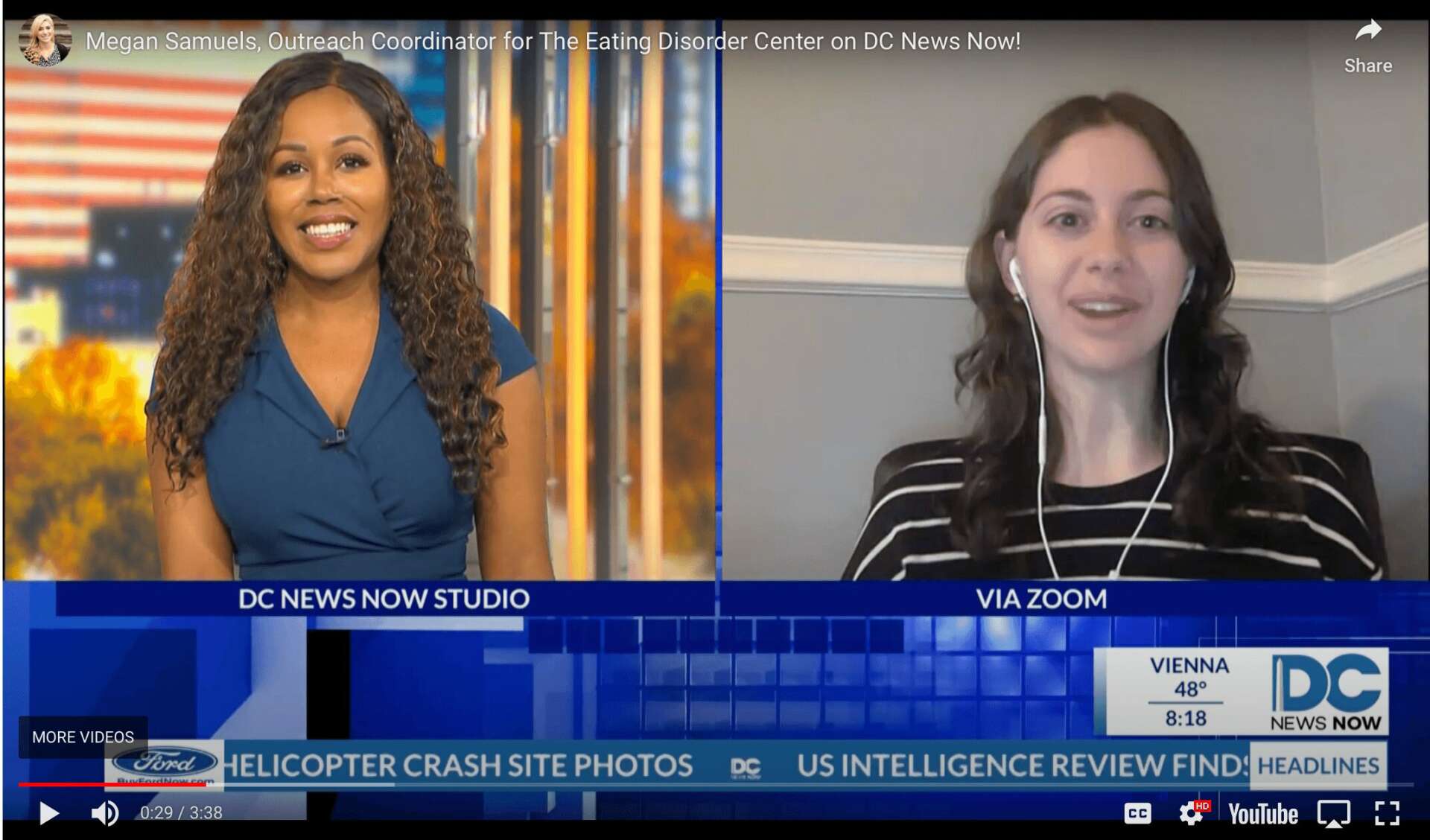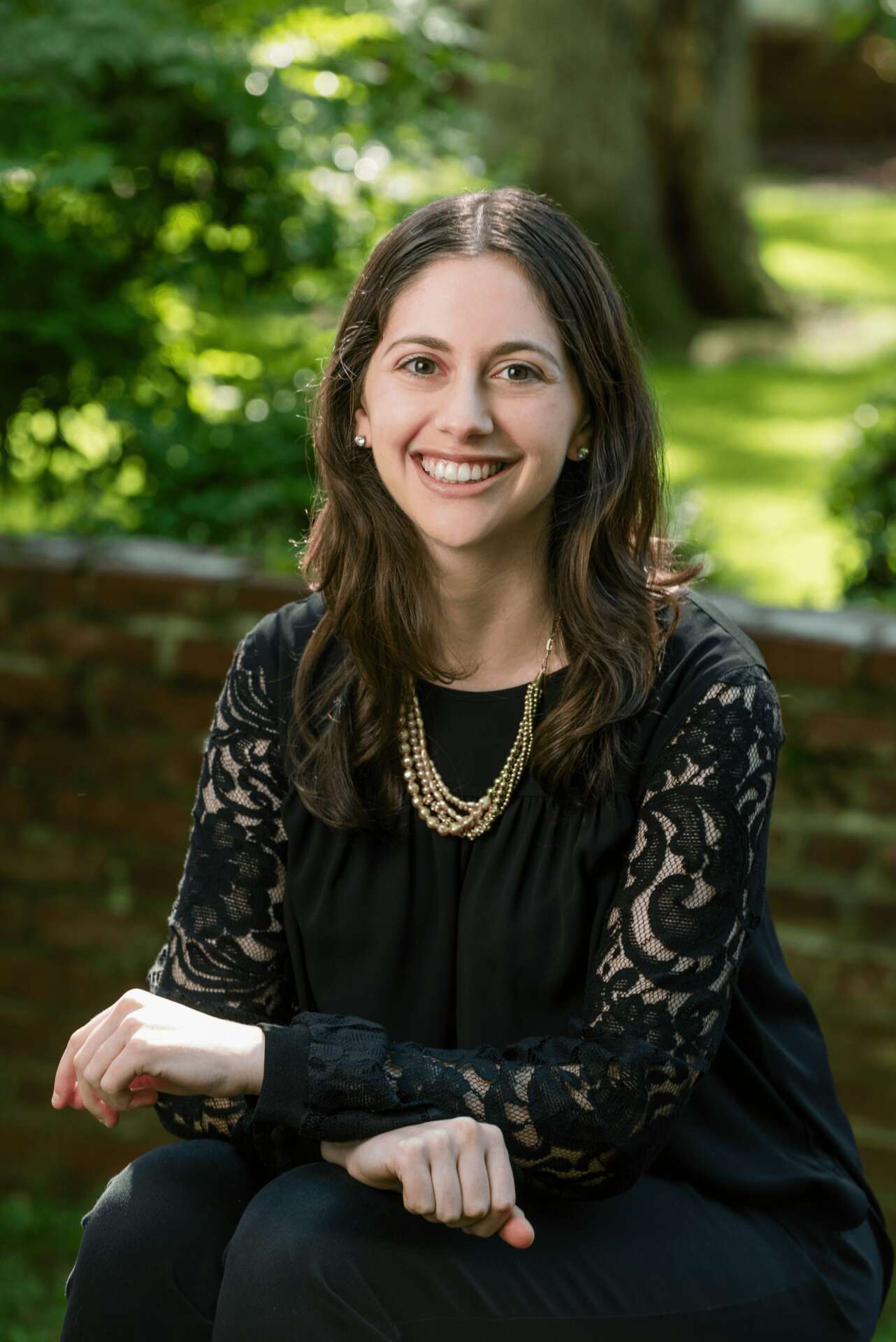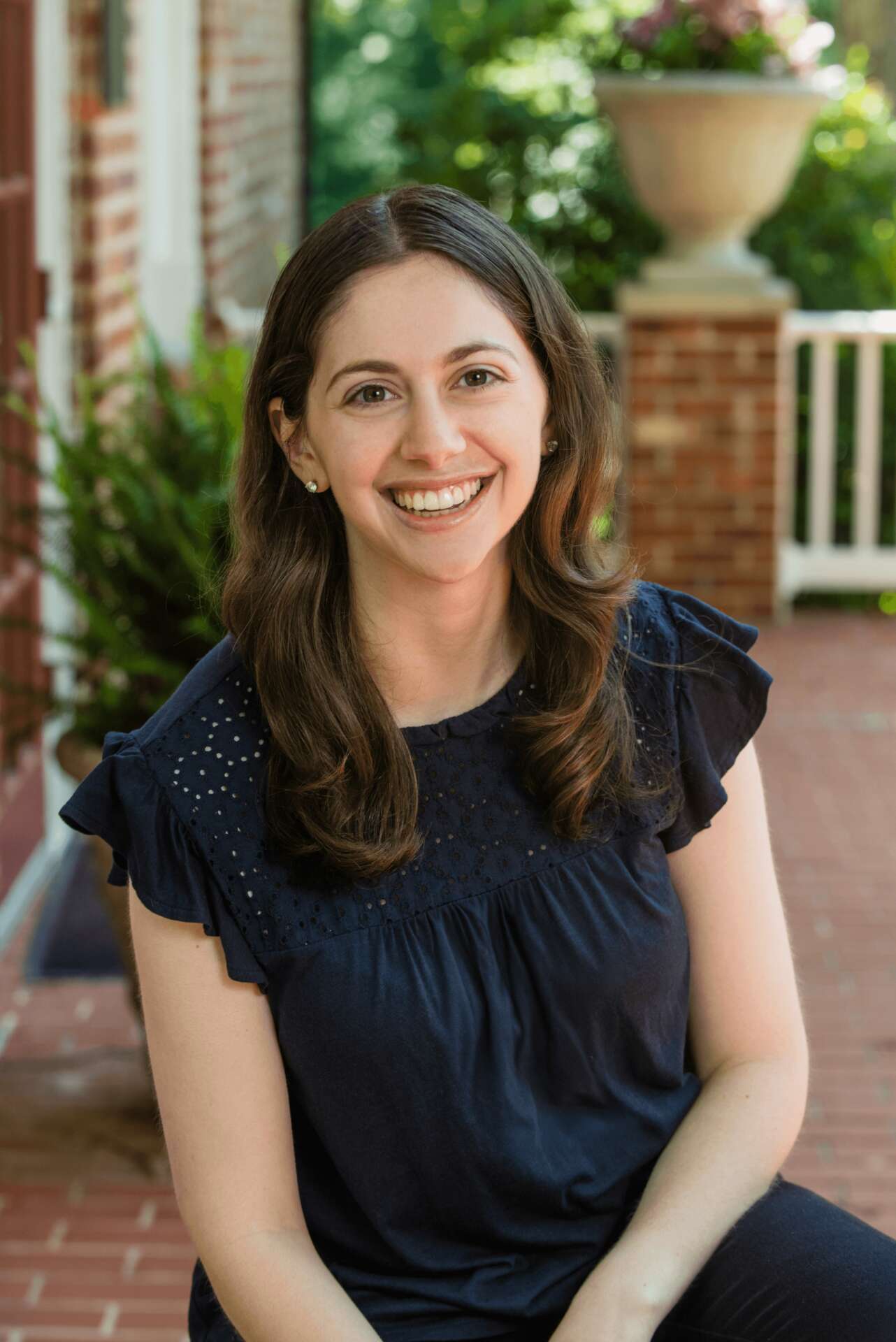We were lucky to catch up with Megan Samuels recently and have shared our conversation below.
Hi Megan, thanks for joining us today. What was your school or training experience like? Share an anecdote or two that you feel illustrate important aspects or the overall nature of your schooling/training experience.
My school/training experience has been very experiential. I had a lot of internships where I practiced using skills and working with people outside of the classroom. I appreciated this approach to learning as I have had a variety of different experiences to ultimately find my passion for outpatient mental health for trauma and eating disorders.
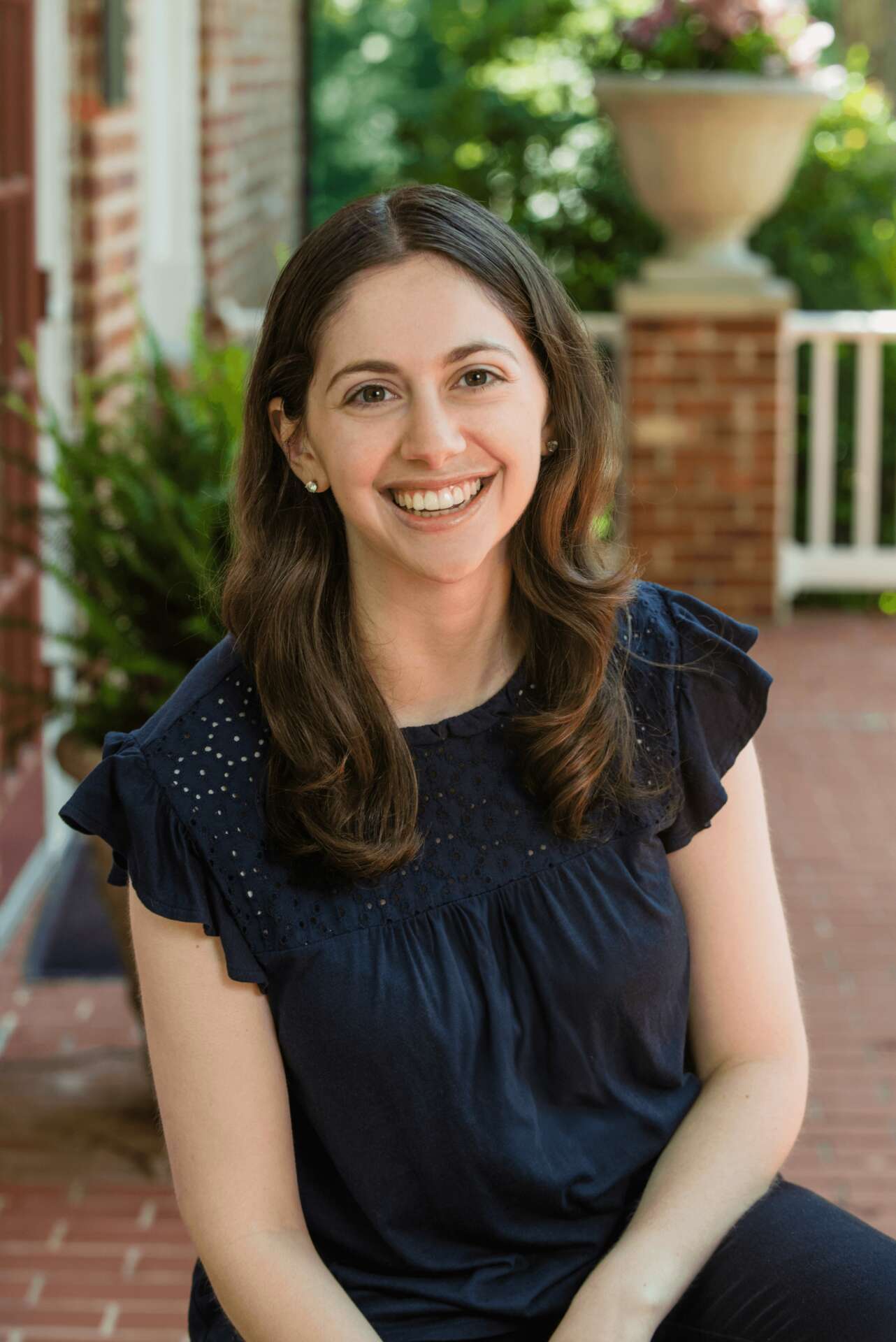
Megan, before we move on to more of these sorts of questions, can you take some time to bring our readers up to speed on you and what you do?
I am an eating disorder and trauma therapist. I enjoy working with individuals looking to heal past trauma/attachment wounds and their relationship with food and body image. I am very much a relational therapist, meaning I value the therapeutic relationship and believe that can be a strong agent of change. I am recovered from my own eating disorder which helped to inspire my passion for providing eating disorder therapy.
In addition to relational therapy, I use eye movement desensitization and reprocessing therapy (EMDR), dialectical behavior therapy (DBT), and ego state interventions (parts work). I take a compassionate harm reduction approach to client care and am a proud anti-diet and Health At Every Size informed clinician.
In addition to my clinical work, I am also an outreach coordinator. I meet with other clinicians, hospitals, and treatment centers to discuss ways to better serve the community, share resources, and streamline the referral process for clients. I love meeting with other clinicians and practices and talking with individuals who are passionate about the work that they do.
In college, I did a lot of work in program planning and public health to prevent sexual assault and to provide college students with health and wellness education. I loved program planning and more macro scale change and I’m hoping to return to doing more of that work at some point.
I have been interviewed as an eating disorder expert in media including on television on DC News Now. I am also a sought out as a speaker about eating disorders and trauma to local colleges, therapy practices, and organizations.
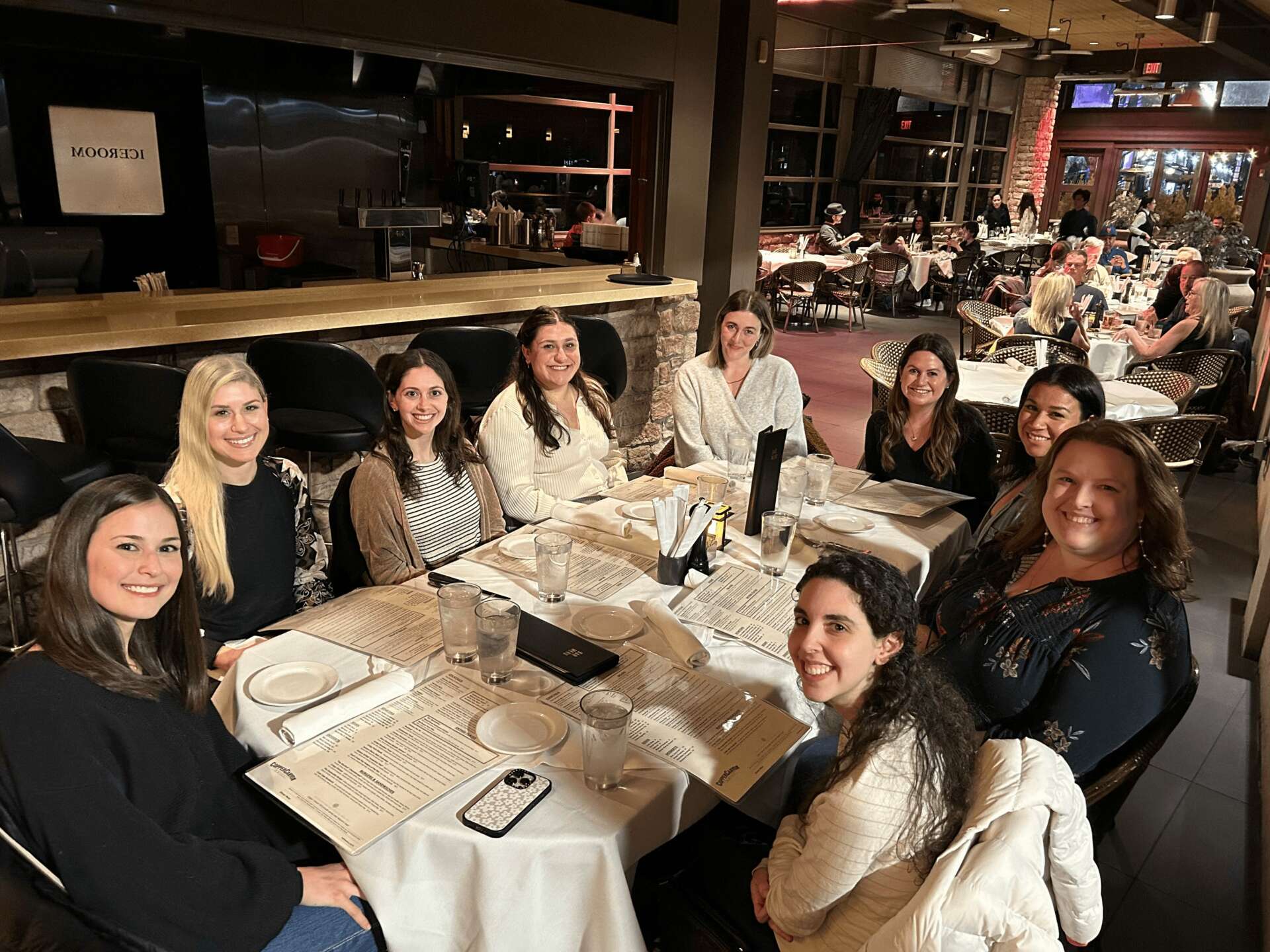
What’s a lesson you had to unlearn and what’s the backstory?
Therapists spend a lot of time learning different treatment modalities or ways to treat symptoms. Some of those include, CBT, DBT, ACT, EMDR, etc. (there are so many!). In graduate school and during my internships I focused a lot on learning these modalities and using them with clients.
More specifically, the modalities that I tend to use are DBT, EMDR, ego state interventions, and polyvagal theory.
After graduating school and working in the field, I’ve realized that in addition to receiving evidence based treatment, most clients just want to be listened to, validated, and heard. This doesn’t take a specific treatment modality, but includes practice with attunement and really being there with the client. Research shows that the therapeutic relationship is highly important to therapy outcomes, so I have learned to focus on this.

If you could go back, would you choose the same profession, specialty, etc.?
Yup! I have a strong passion for treating both trauma and eating disorders. There’s nothing else I would want to do.
Contact Info:
